News
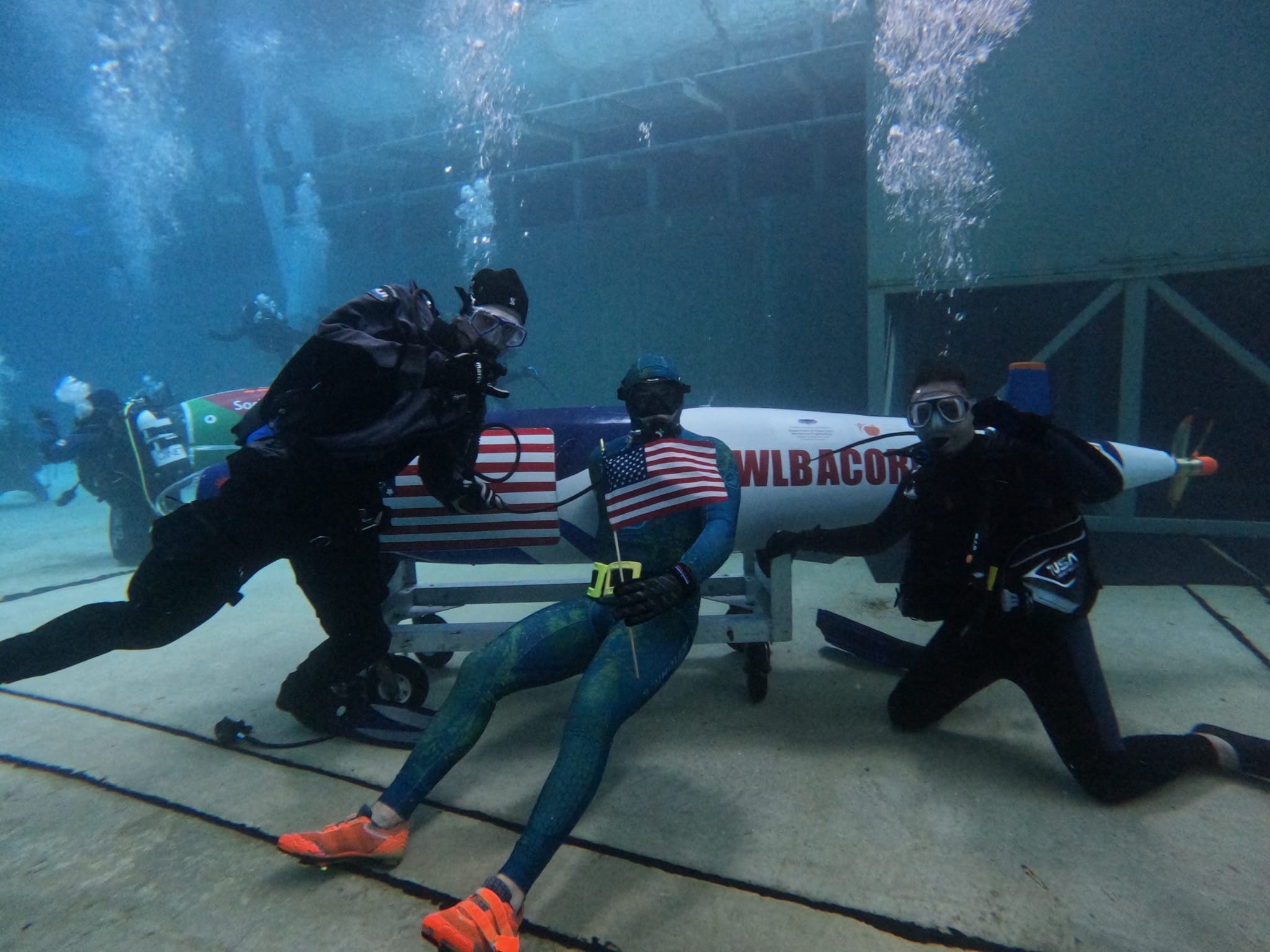
July 15, 2024
The Florida Atlantic College of Engineering and Computer Science (COECS) Human-Powered Submarine (HPS) team from the Department of Ocean and Mechanical Engineering recently placed second overall at the 2024 European International...

May 17, 2024
The summit brought together leading scientists in the field across North America and Europe to discuss the latest research and advancements in the study of amyloid-related diseases.
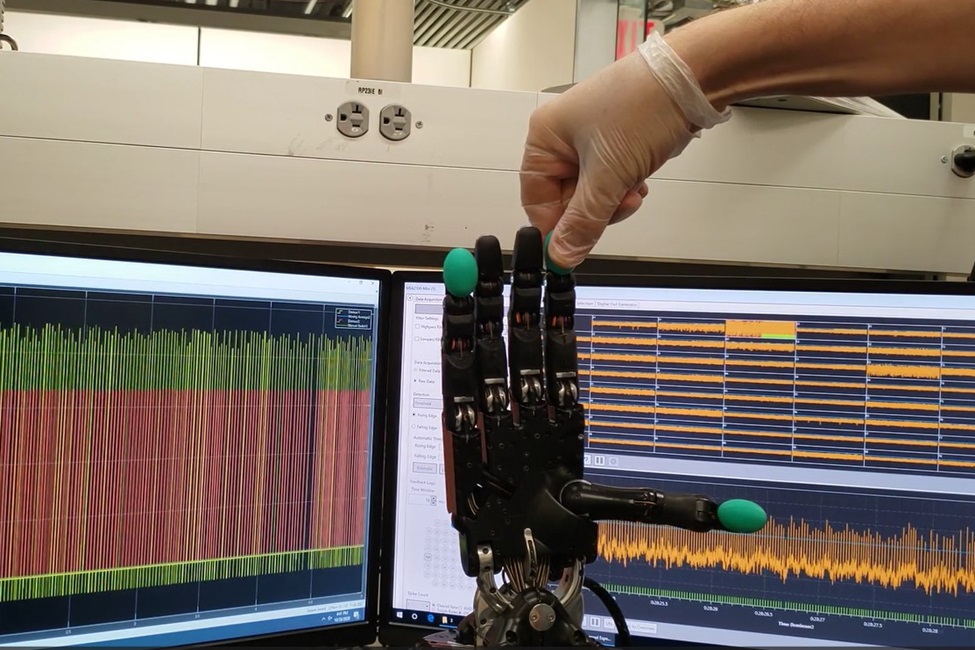
May 15, 2024
FAU engineering researchers have developed a novel biohybrid neuro-prosthetic research platform to refine control of artificial hands and lead to a better understanding of the complex sensation of touch.

April 17, 2024
The College of Engineering and Computer Science is among eight university teams in the U.S. selected to work with NASA and the U.S. military to foster innovation and expertise in the small satellite sector.
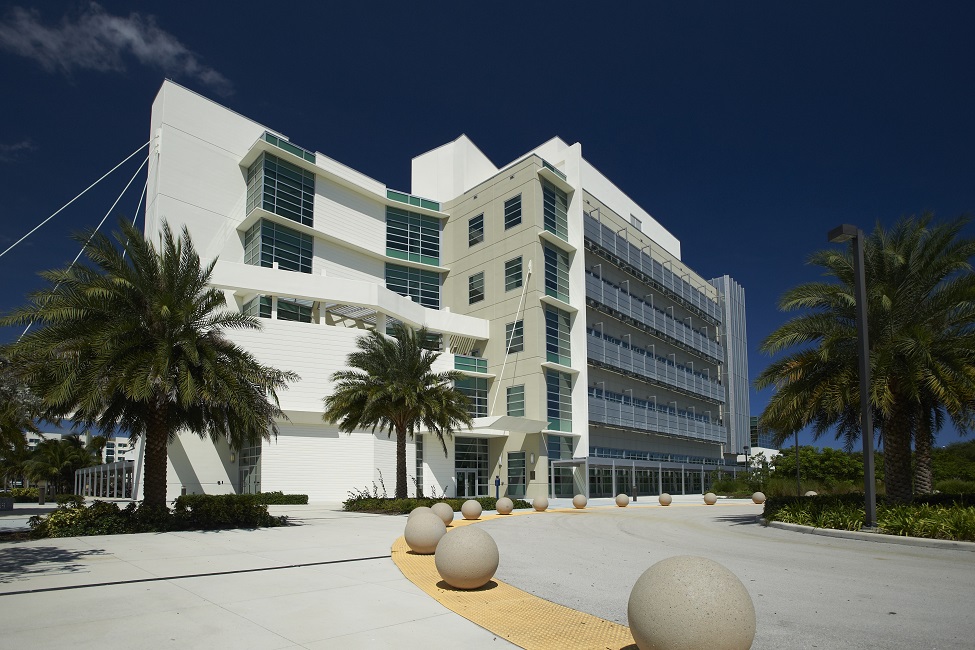
October 03, 2023
More than 100 Florida Power & Light engineers attended a two-day basic electricity workshop for non-electrical engineers conducted by FAU's College of Engineering and Computer Science.

October 02, 2023
The technique employed by FAU researchers demonstrates it can be invaluable for accurately identifying the sources of extreme events in a completely data-driven manner.
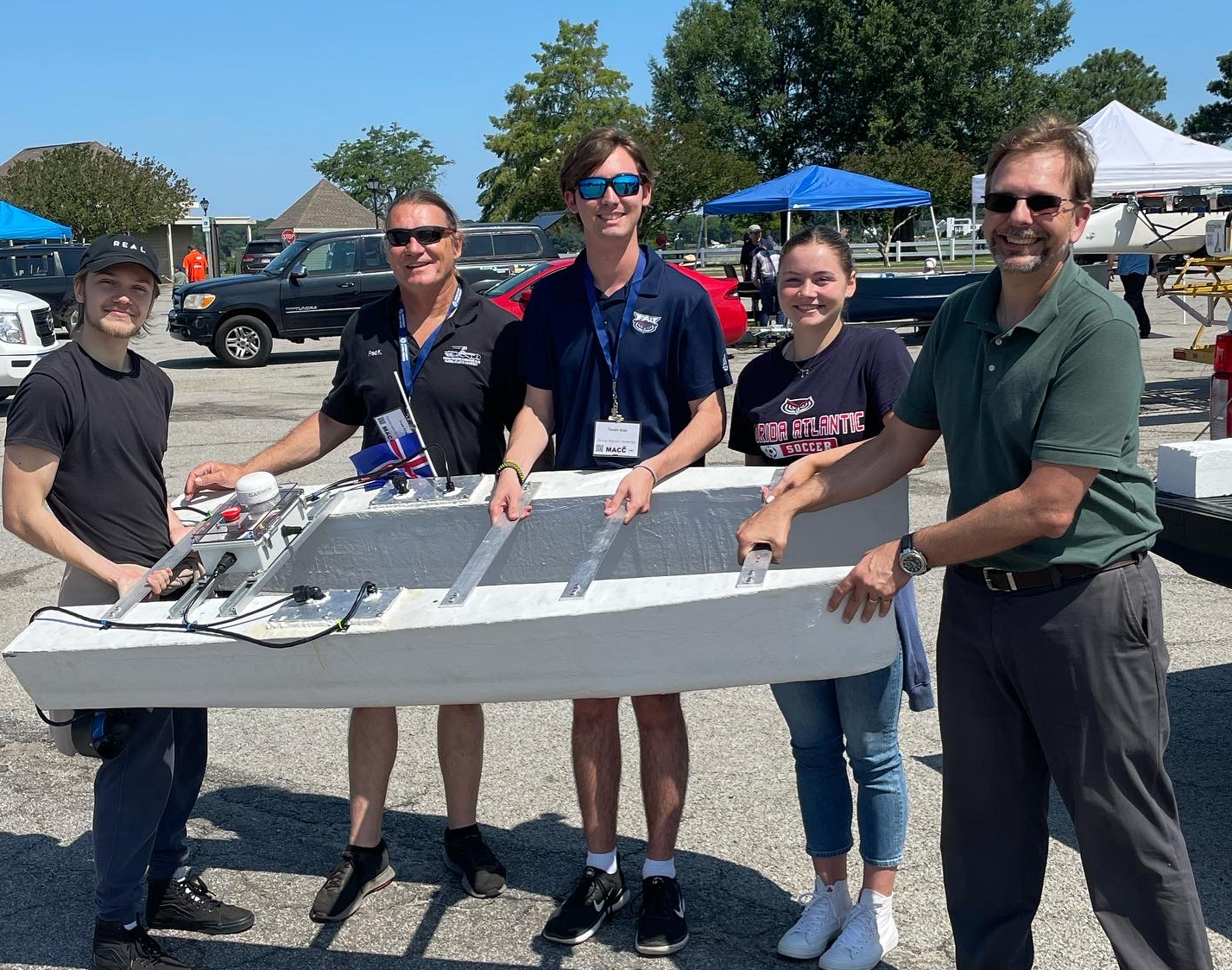
FAU Ocean Engineering students come second place in a national Unmanned Surface Vehicle competition!
August 28, 2023
A team of four FAU Ocean Engineering students and their faculty advisors came in second in a national Unmanned Surface Vehicle competition.
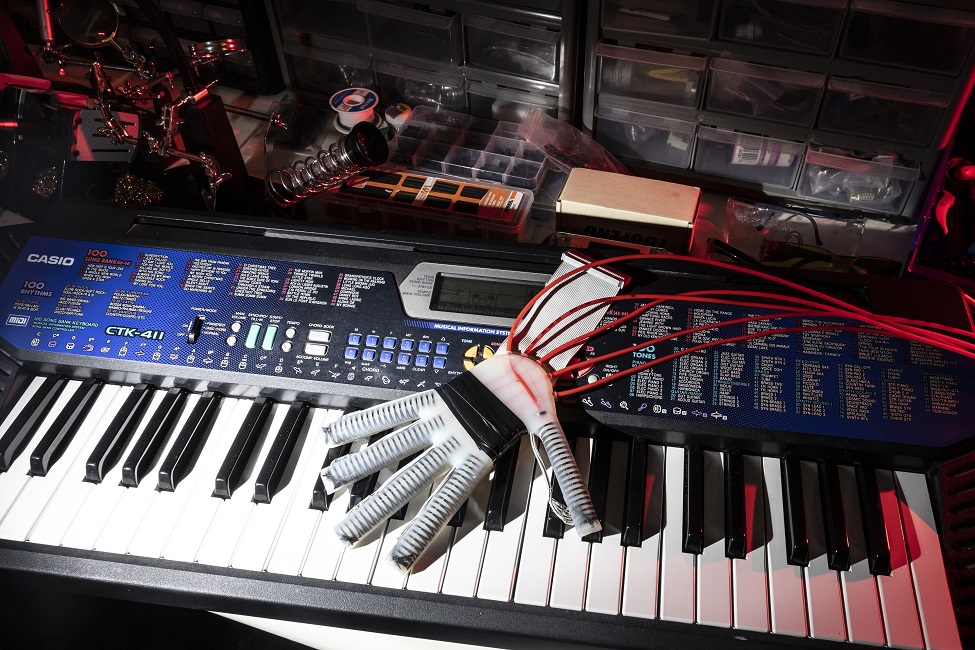
June 29, 2023
Using AI, FAU engineering researchers have developed a first-of-its-kind soft robotic exoskeleton glove that "feels." The new technology provides precise force and guidance in recovering fine finger movements.
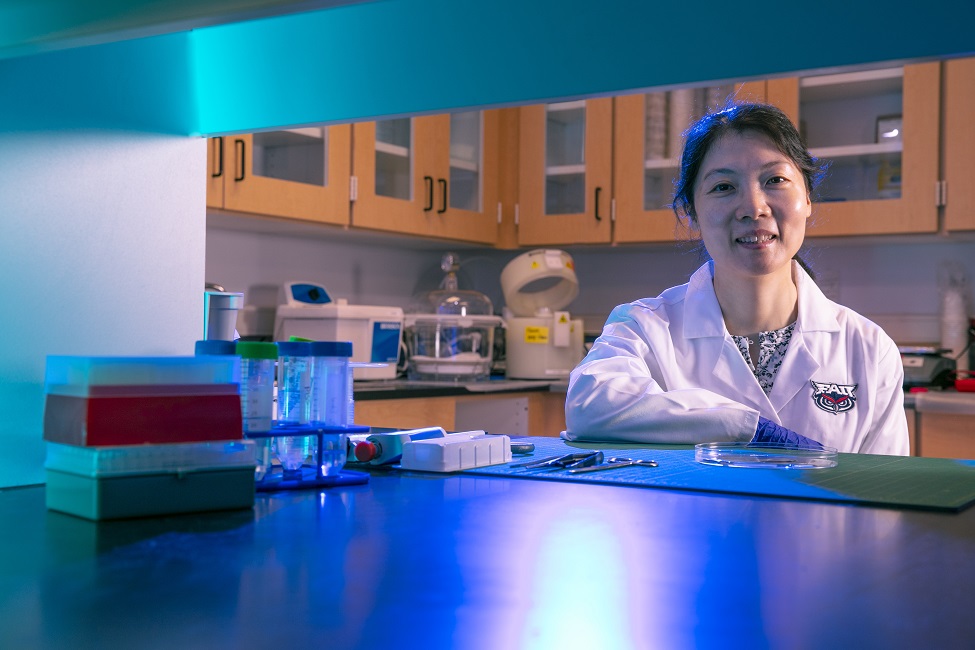
June 22, 2023
A new portable tool developed by a College of Engineering and Computer Science researcher will enable patients with sickle cell disease to reliably and conveniently monitor their disease.
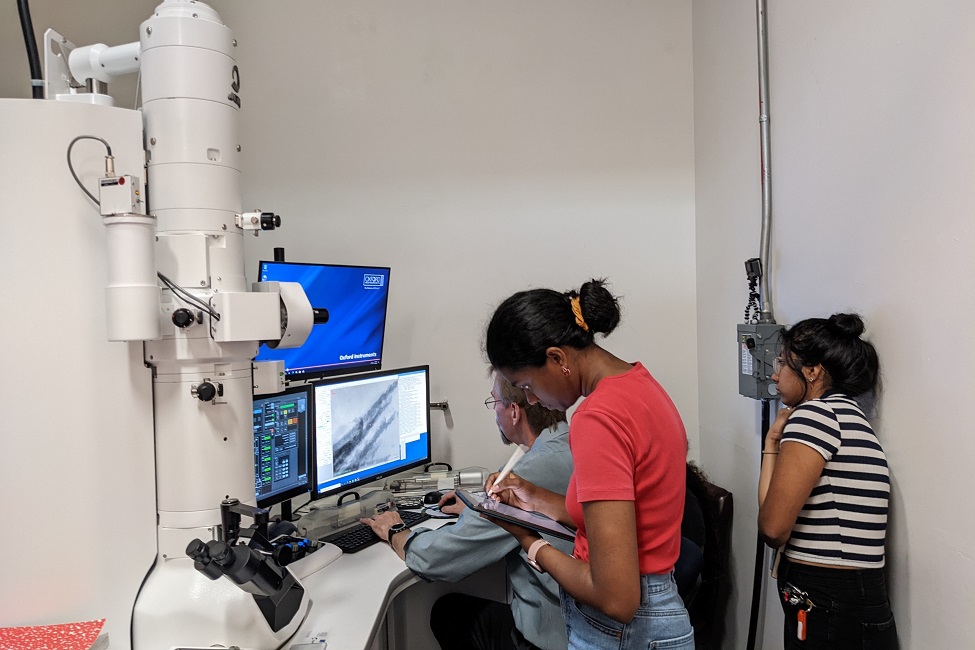
November 01, 2022
FAU’s research efforts will include nanocomposites, bio-inspired materials, nanoparticles, wearable sensors, drug development and delivery, bone tissue regeneration, biofilms, biomedical microelectromechanical systems and...